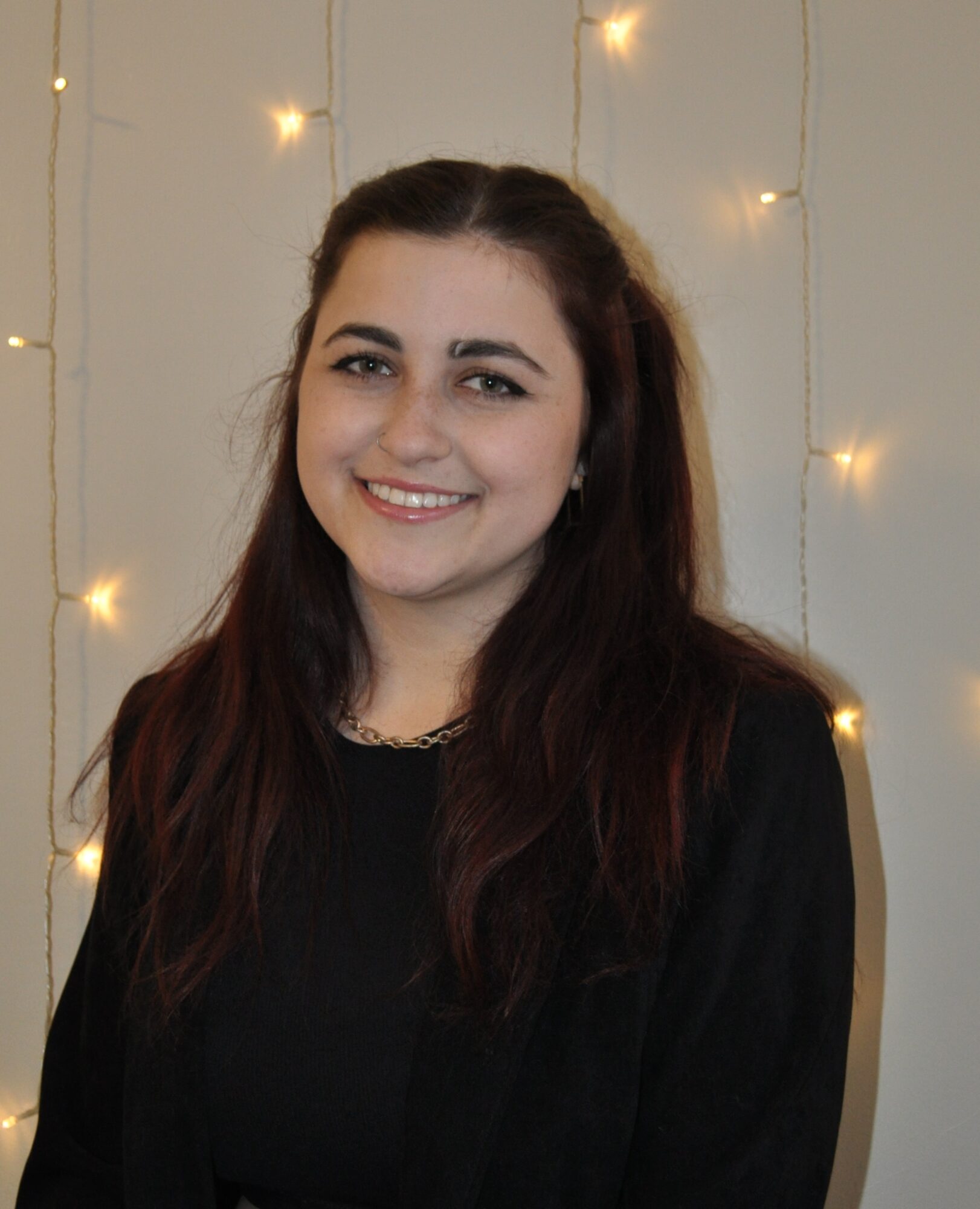
The year is 2020 and the world has spun to a halt in the face of a global pandemic. People are locked indoors, isolation is a pervasive reality, and loved ones are falling ill. As a result of it all, mental health around the world is at an all-time low. Yet at the same time, mental health awareness has grown in priority, and resources for help are more available than ever before.The question is, will it stay that way?
Elizabeth Gruskin, a forensic science and psychology major in the College of Arts and Sciences, is glad that the pandemic brought discussion about mental health to the forefront of public conversation and hopes that this discourse doesn’t end when the pandemic does.
Elizabeth’s passion for mental health led her to develop an idea for a dispensary café and lounge with an emphasis on community and mental wellbeing. The cannabis industry has been developing rapidly over the past 5-10 years, and Elizabeth wants to use this as an opportunity to redefine the way cannabis is used socially. With café Green Leaf, Elizabeth hopes to emulate an environment similar to bars, where people can meet and converse freely.
This would also allow her to incorporate her love for baking since she will have to develop recipes for infused foods and beverages at the café.
However, Green Leaf would be much more than a place where the cannabis community can gather. It would also be a place of education and safety. Elizabeth wants to educate people about mental health, cannabis, and the intersection of the two. In her hiring process, she would recruit employees who are compassionate, understanding, inclusive, and respectful of people’s boundaries. Employees would be trained on how to create a safe and supportive environment for customers and how to communicate to customers that they can turn to the employees if they need help.
Elizabeth envisions Green Leaf as also having a separate “safe room,” where people can go if they begin feeling anxious in the lounge environment and want to escape to a quieter place.
This semester, Elizabeth is taking IDS 302, a class that has equipped her with a stronger background in business, allowing her to write a business plan and begin developing a minimum viable product (in this case, the recipes she will use).
When reflecting on the value of the collaborative classroom environment, Elizabeth finds that it helped transform Green Leaf from just an idea floating around in her head to something more tangible — an idea that would be ready to take to market.
Elizabeth found the process of learning to build a business to be challenging but equally rewarding.
“I’ve learned the full extent of what it actually takes to start a business,” she said. “I’ve already done so much work, but it’s just the beginning, and there’s still so much to go.”
She also emphasized the importance of asking questions in the startup process: “There is a very high likelihood you don’t know what’s going on, so seek out the people who do, and get their mentorship!”
Elizabeth is looking to get more involved with Syracuse University’s Blackstone LaunchPad before she graduates to learn from the LaunchPad’s myriad of resources. She is currently focused on identifying post-graduation job opportunities and hopes to launch Green Leaf into action in the years to come.
Story by Sasha Temerte ’23, LaunchPad Global Fellow; photo supplied